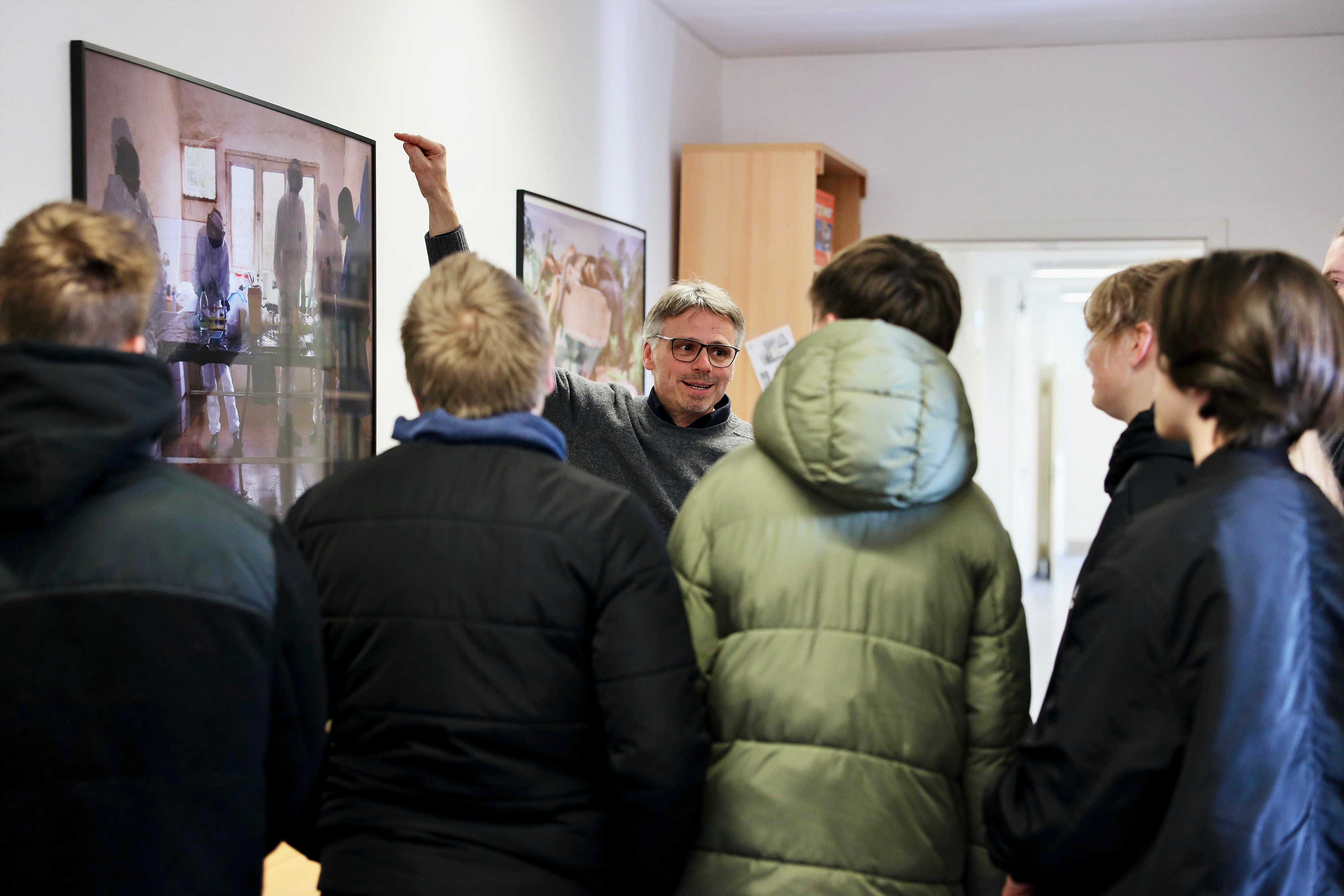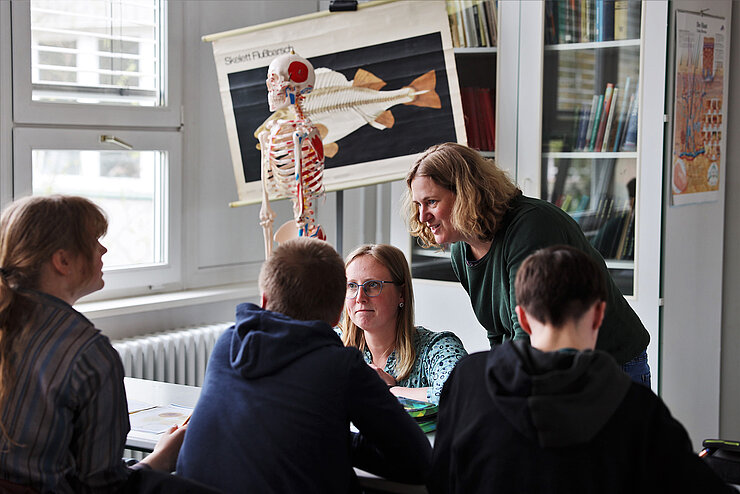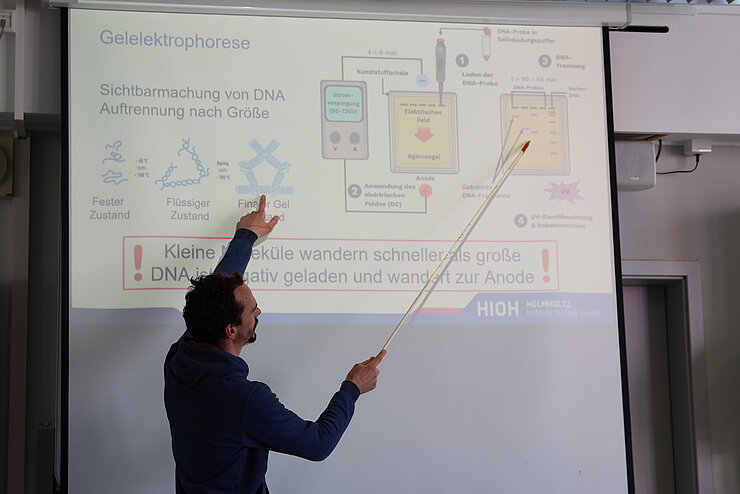These young students will take on the role of scientists and experimentally answer questions that are relevant to research at the Helmholtz Institute for One Health (HIOH) and beyond. To this end, they will work with established scientists in small groups to collect, document and analyze water samples, flies and leaf swabs and learn how to clearly present their results. In doing so, students will gain insights into the topics of One Health, biodiversity, infections and antimicrobial resistance, while at the same time be sensitized to the complex ecosystems in their environment.
CiFly is part of the One Health Region Vorpommern, which is supported by the Federal Ministry of Education and Research within the initiative ‘T!Raum - Transfer Spaces for the Future of Regions’ under the direction of the University of Greifswald.




